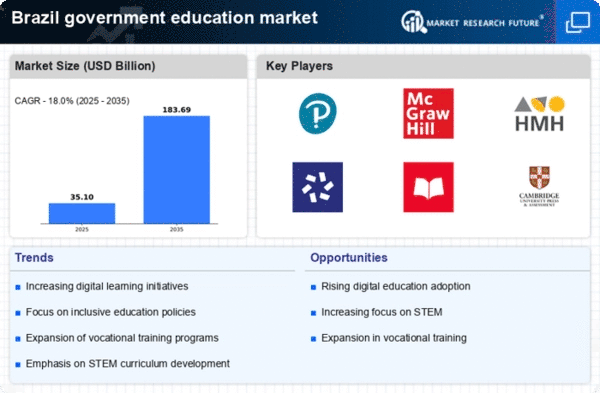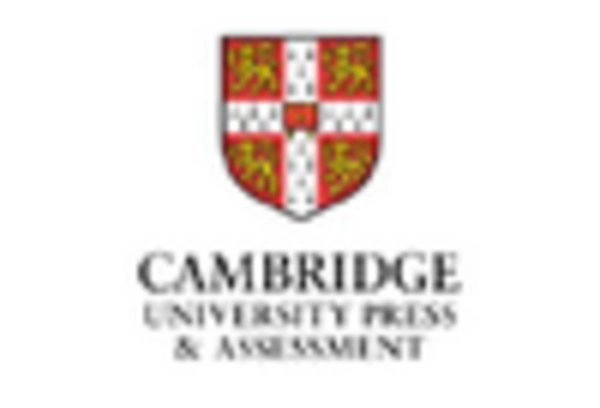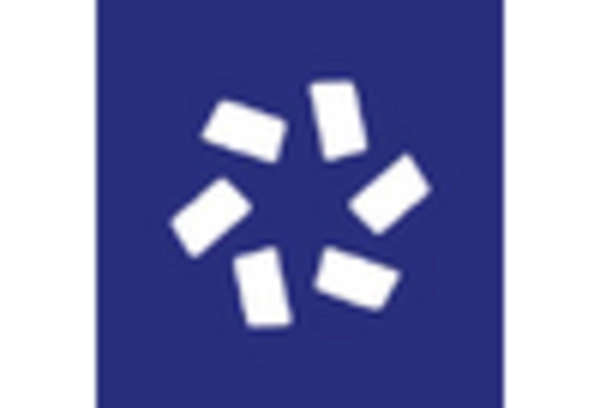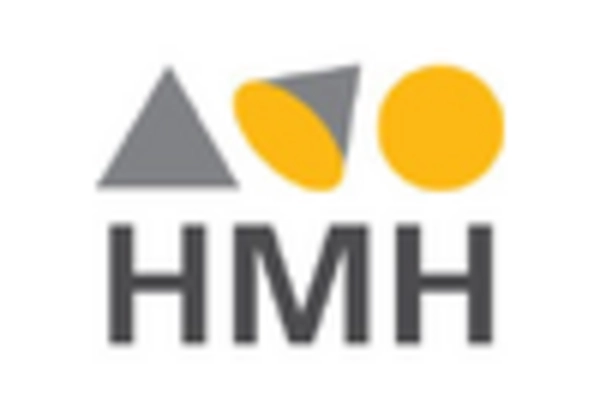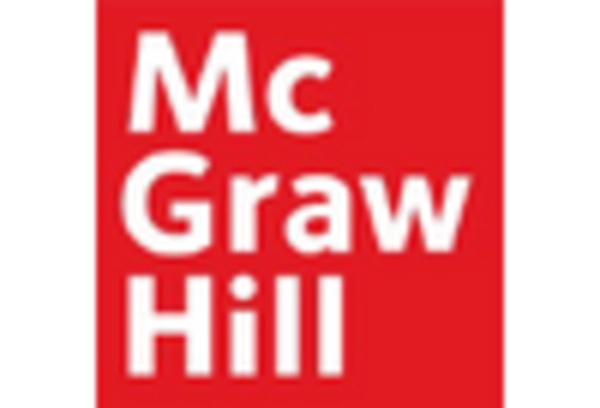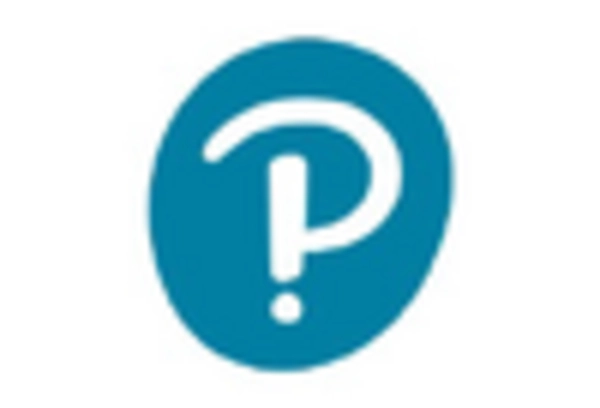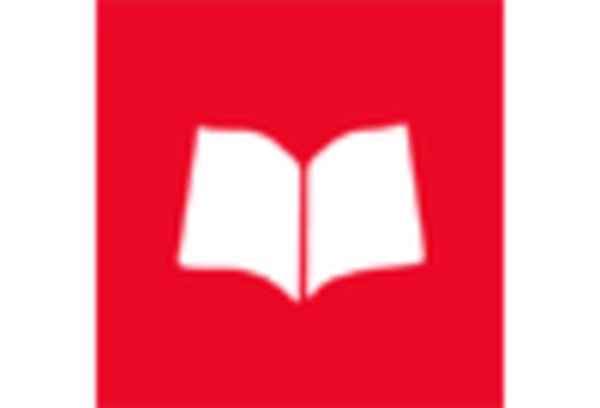Rural Education Initiatives
The government education market in Brazil is increasingly addressing the educational disparities faced by rural communities. Initiatives aimed at improving access to quality education in remote areas are gaining traction. The government has launched programs that provide resources and support to rural schools, with an estimated 20% increase in funding directed towards these initiatives. This focus on rural education is essential for ensuring that all children, regardless of their geographical location, have access to quality learning opportunities. As a result, the government education market is likely to see a rise in enrollment and retention rates in rural areas, contributing to a more equitable education system.
Focus on Teacher Development
In Brazil, the government education market is placing a strong emphasis on teacher development programs. Recognizing that educators are pivotal to student success, the government has initiated various training and professional development initiatives. Recent data indicates that around 30% of the education budget is now allocated to teacher training and support. This focus aims to enhance teaching quality, which is crucial for improving student outcomes. By investing in educators, the government seeks to create a more effective learning environment, thereby positively impacting the overall performance of the education system. This strategic approach may lead to a more skilled workforce in the long term.
Increased Government Funding
The government education market in Brazil is experiencing a notable increase in funding allocations. In recent years, the Brazilian government has committed to enhancing educational resources, with a reported increase of approximately 15% in budgetary provisions for public education. This funding is directed towards improving infrastructure, teacher training, and educational materials, which are essential for fostering a conducive learning environment. The emphasis on financial support indicates a strategic move to elevate educational standards and accessibility across various regions. As a result, the government education market is likely to witness growth in enrollment rates and improved educational outcomes, reflecting the government's commitment to education as a priority sector.
Policy Reforms for Educational Equity
Recent policy reforms in Brazil are shaping the landscape of the government education market, with a strong focus on promoting educational equity. The government has introduced measures aimed at reducing disparities in educational access and quality among different socio-economic groups. These reforms include scholarship programs and targeted funding for underprivileged schools, which are expected to enhance educational opportunities for marginalized communities. Data suggests that these initiatives could potentially increase enrollment rates by up to 25% in disadvantaged areas. The commitment to educational equity reflects a broader strategy to create a more inclusive and fair education system, which is crucial for the country's socio-economic development.
Technological Advancements in Education
The integration of technology within Brazil's education sector is becoming increasingly prevalent. With the rise of digital platforms and educational software, schools are adopting innovative teaching methods that enhance learning experiences. Reports suggest that approximately 60% of public schools have implemented some form of digital learning tools, which facilitate interactive and personalized education. This shift towards technology not only aids in engaging students but also prepares them for a digital economy. The government education market is thus evolving, as educational institutions leverage technology to improve teaching methodologies and student performance, indicating a transformative phase in educational delivery.


